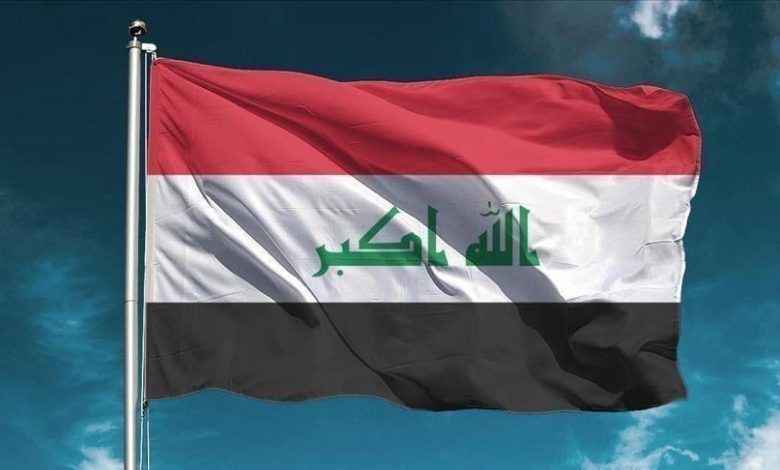What’s happening in Iraq? The Coordination Framework enters into clashes over the election law

The Iraqi crisis continues to escalate dramatically. Political coalitions within the Iraqi government led by Mohammed Shia’ Al Sudani will not be able to survive in the near future, especially with the end of the distribution of ministries and important government positions, and the emergence of differences among the leaders of political entities within these coalitions.
The political situation requires calm, pending the completion of the distribution of positions, in accordance with the principle of quotas applied in the country. This is in addition to the conviction of some party leaders of the need to alter the map of alliances and prepare for the provincial council elections, which are supposed to be held next October.
Threatened with disintegration
According to Iraqi press reports, the most prominent of the coalitions threatened with disintegration is the Coordination Framework Alliance, which brings together most of the Shiite political forces except the Sadrist Movement, Sources within the coalition indicate that the alliance has three sides: the first represents leader of the Hikma Movement Ammar al-Hakim along with head of the Nasr Coalition Haider al-Abadi; the second represents leader of Asaib Ahl al-Haq Qais al-Khazali alongside head of the Popular Mobilization Commission Falih Al-Fayyadh; and the third represents State of Law Coalition leader Nouri al-Maliki alongside Al Sudani.
Iraqi Crisis
Dr. Basil Al-Kadhimi, an Iraqi writer and political analyst, says that Iraq is going through a transitional phase after difficult stages that the Iraqi state has gone through. He noted that all political alliances formed by traditional political forces, even civil ones in the previous stages, have collapsed due to political moods once and again, and personal interests sometimes, and no political alliance has been established that brings together a number of parties.
He pointed to the increasing trend in US-Iraqi relations, which indicates a state of recovery and strategic development and is a “shock” to Iran. This rapprochement is contrary to what Iran expected after the arrival of Sudanese Mohammed Shia’ Al Sudani as prime minister, according to observers on political affairs.
Regarding the elections, most opinions within the coordination framework go to putting forth the amendment of the elections law at least before the approval of Al-Sadr movement leader Muqtada Al-Sadr. He pointed out that the Shiite alliance faces wide objection to the draft amendment, which reached the point of preventing the convening of the parliament session last week.
He added that the Framework fears that the dispute over the new law will explode the street again, while al-Sadr’s supporters might infiltrate the protests, and some provinces came out over the weekend to denounce the amendment proposed by the Shiite alliance. He is trying to make his plan to cancel the various districts that were subject to the last elections a success by sending mediators to the leader of the current. On the other hand, the Shia coalition has been arguing that the Nadjaf Marjiya may not have any objection to the law.












